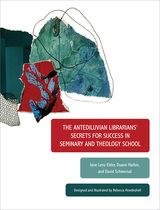
In easy-to-digest segments, the book reveals the kind of strategies for being a graduate student that are seldom revealed in the classroom. Consisting of seven sections, The Antediluvian Librarians’ Secrets to Success offers guidance on such varied topics as reading strategically, asking questions, managing time, practicing self-care, staying organized, and tackling that first paper. It also offers lists for further reading and thoughtful pieces of advice. Although the authors are theological librarians, the recommendations they offer are just as practical for students beginning any graduate program in the humanities.
Deeply useful for anyone entering seminary or theology school both now and in the future, The Antediluvian Librarians’ Secrets to Success is the first work released from the new Bridwell Press.

Christianity and Comics presents an 80-year history of the various ways that the comics industry has drawn from biblical source material. It explores how some publishers specifically targeted Christian audiences with titles like Catholic Comics, books featuring heroic versions of Oral Roberts and Billy Graham, and special religious-themed editions of Archie. But it also considers how popular mainstream comics like Daredevil, The Sandman, Ghost Rider, and Batman are infused with Christian themes and imagery.
Comics scholar Blair Davis pays special attention to how the medium’s unique use of panels, word balloons, captions, and serialized storytelling have provided vehicles for telling familiar biblical tales in new ways. Spanning the Golden Age of comics to the present day, this book charts how comics have both reflected and influenced Americans’ changing attitudes towards religion.
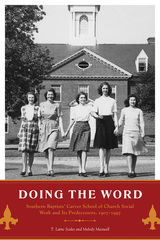
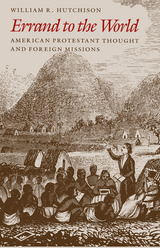
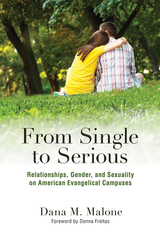
In From Single to Serious, Dana M. Malone shines a light on friendship, dating, and, sexuality, in both the ideals and the practical experiences of heterosexual students at U. S. evangelical colleges. She examines the struggles they have in balancing their gendered and religious presentations of self, the expectations of their campus community, and their desire to find meaningful romantic relationships.
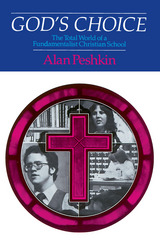
In God's Choice, Alan Peshkin offers readers the opportunity to consider this question in depth. Given the outsider's rare chance to observe such a school firsthand, Peshkin spent eighteen months studying Bethany's high school—interviewing students, parents, and educators, living in the home of Bethany Baptist Church members, and participating fully in the church's activities. From this intimate research he has fashioned a rich account of Christian schooling and an informed analysis of a clear alternative to public education.
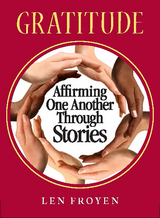
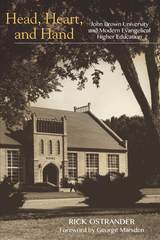
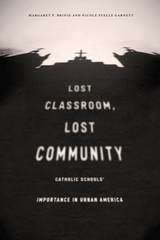
More than just educational institutions, Catholic schools promote the development of social capital—the social networks and mutual trust that form the foundation of safe and cohesive communities. Drawing on data from the Project on Human Development in Chicago Neighborhoods and crime reports collected at the police beat or census tract level in Chicago, Philadelphia, and Los Angeles, Margaret F. Brinig and Nicole Stelle Garnett demonstrate that the loss of Catholic schools triggers disorder, crime, and an overall decline in community cohesiveness, and suggest that new charter schools fail to fill the gaps left behind.
This book shows that the closing of Catholic schools harms the very communities they were created to bring together and serve, and it will have vital implications for both education and policing policy debates.
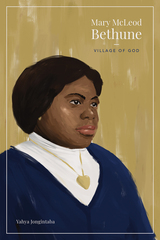
Mary McLeod Bethune was born on May 10, 1875, in a log cabin in rural Sumter County, South Carolina. She was the fifteenth child among seventeen siblings but the first born free of the bonds of slavery. As a child she attended a Presbyterian mission school in nearby Mayesville and Scotia Seminary in Concord, North Carolina. After some years at Scotia she was admitted in 1894 to the Moody Bible Institute in Chicago. Her two years of training at Moody did not lead to missionary work in Africa, as she had dreamed, but to missionlike teaching positions in the South and eventually her founding, in 1904, of the Daytona Normal and Industrial Institute for Girls, in Daytona Beach, Florida. That institution would grow to the present-day Bethune-Cookman University.
In this religious biography, author Yahya Jongintaba traces Bethune’s life of service in lively prose, structuring his book in a five-part framework that organizes his subject’s life in parallel with the Lord’s Prayer and virtues identified by Bethune herself: freedom, creativity, integrity, discipline, and love. With unfettered access to Bethune’s personal archive, Jongintaba paints a picture of a mother figure and mentor to generations, a nearsaint who lived “a blameless life for four-score years.” With deep empathy and the kind of “spiritual understanding” that Bethune had despaired of finding in a biographer in her own lifetime (despite attempts by publishers and herself to find just the right person), Jongintaba endeavors to achieve in his biography what Bethune wrote that she hoped to accomplish in an autobiography that never materialized: to “give to the world the real Mary McLeod Bethune’s life as I have lived it.”
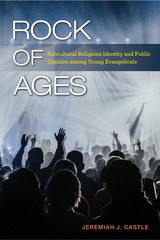
Evangelicals and Republicans have been powerful—and active—allies in American politics since the 1970s. But as public opinions have changed, are young evangelicals’ political identities and attitudes on key issues changing too? And if so, why? In Rock of Ages, Jeremiah Castle answers these questions to understand their important implications for American politics and society.
Castle develops his own theory of public opinion among young evangelicals to predict and explain their political attitudes and voting behavior. Relying on both survey data and his own interviews with evangelical college students, he shows that while some young evangelicals may be more liberal in their attitudes on some issues, most are just as firmly Republican, conservative, and pro-life on abortion as the previous generation.
Rock of Ages considers not only what makes young evangelicals different from the previous generation, but also what that means for both the church and American politics.


"Shirley Taylor's story gives readers and hearers insight into the town of Bethlehem at the time of the birth of Christ. Wendell Hall's illustrations help us imagine that scene wonderfully. The young homeless boy touches our hearts and imaginations. Not just for children, this is a read aloud book for all ages." - Lauretta Phillips, Storyteller, Author, Radio & TV Host
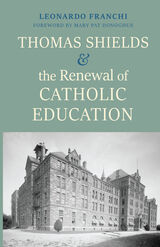
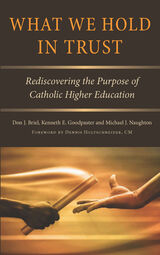

READERS
Browse our collection.
PUBLISHERS
See BiblioVault's publisher services.
STUDENT SERVICES
Files for college accessibility offices.
UChicago Accessibility Resources
home | accessibility | search | about | contact us
BiblioVault ® 2001 - 2024
The University of Chicago Press









